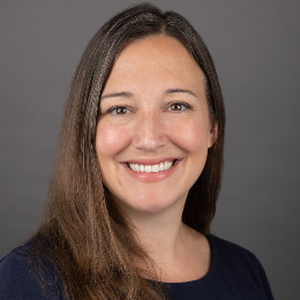Research
I use research to untangle how people understand and experience their worlds.
Humans are tricky by nature, driven by competing and often conflicting needs, preferences, goals, fears, and norms. I became an anthropologist because I wanted to better understand this complexity, and have spent my professional life honing my research skills in diverse settings.
I have demonstrated experience conducting end-to-end research in tech, academia, and community-based projects, and in my freelance writing. My approach is grounded in qualitative methods, and I have expertise conducting interviews (in-depth, semi-structured, life histories), focus groups, ethnography, contextual inquiry, participant observation, and more. I increasingly draw on quantitative data to supplement my findings, and have demonstrated experience with survey design.
My research is informed by a close attunement to inclusion, accessibility, and intersectionality. For data to paint an accurate picture, they must be representative. This is built into my process from the earliest stages.
Why did I pursue anthropology? My career is driven in part by my endless curiosity about people. I want to learn about their lives, from the minutia of daily routines to their moments of transformation; I want to gain a window into their unique perspectives, challenges, fears, and joys. And, ultimately, I want to transform these stories into data that can change our world.
I believe that data and cultural storytelling have the power to transform how we live, creating new possibilities we might not even imagine. As a researcher, I get to play a small role in this process.
